
Healthy living
Use our expert advice and recommendations to live your best life every day.
Get startedBy clicking a retailer link you consent to third-party cookies that track your onward journey. This enables W? to receive an affiliate commission if you make a purchase, which supports our mission to be the UK's consumer champion.
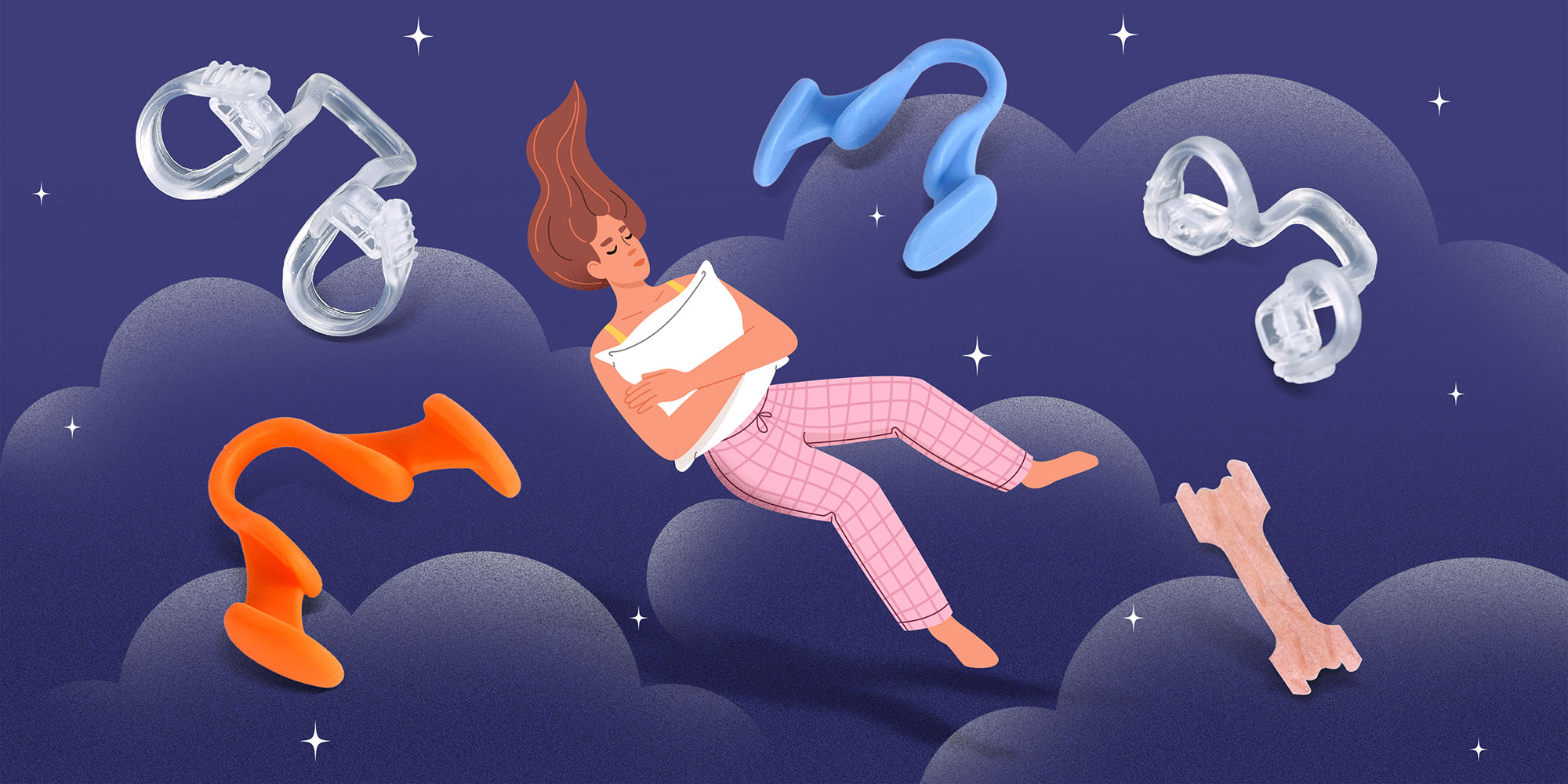
Our independent tests of anti-snoring devices from brands including Boots, Rhinomed and Snoreeze included real snorers to see if they really do help to reduce snoring.
Our test was designed using expert insight from a consultant rhinologist and ENT surgeon. We also took into account the strength of available clinical evidence for different types of anti-snoring product.
The best anti-snoring gadgets in our tests reduced snoring relative to a normal night for our testers, and didn’t ruin their night’s sleep in the process.
Some were almost universally abandoned because of how unpleasant they were. Others showed little impact on snoring levels and had poor evidence behind them.
Discover which products are comfortable, practical and easy to use – and which ones just aren't worth the hassle.
How our tests find you the best
Snoring reduction
Our 12 testers recorded their snoring every night so we could see which products brought the decibels down.
Expert medical insight
We worked with Professor Paul Chatrath, consultant rhinologist and ENT surgeon, to design a test that would give us useful insights and be safe for testers.
Comfort
There’s no point in a product that reduces your snoring but is unpleasant to use or interrupts your sleep, so we check if testers found the products comfortable enough to sleep soundly.
Ease of use
Some solutions just aren't worth the hassle, so we rate the setup process and whether the anti-snoring products stay in place throughout the night.
The 12 anti-snoring devices we've tested are listed below.
Only logged-in Which? members can view our anti-snoring device test results.
Join Which? to get instant access to our full reviews and Best Buy recommendations.
| Product category | Price | Score | Snoring reduction | Expert view of clinical evidence | Sleep disruption | Ease of application |
|---|---|---|---|---|---|---|
Sign up to reveal Get instant access to this and all our scores and recommendations Unlock tableDigital £8.99 per month, cancel any time. Already a member? Log in | 78% | Good | Good | |||
| 65% | Good | Good | ||||
| 63% | Good | Poor | ||||
| 58% | Good | Good | ||||
| 57% | Mixed | Good | ||||
| 54% | Mixed | Good | ||||
| 45% | Good | Good | ||||
| 42% | Mixed | Poor | ||||
| 42% | Good | Good | ||||
| 38% | Mixed | Poor | ||||
| 36% | Mixed | Poor | ||||
| 33% | Mixed | Poor |
Sign up to reveal
Get instant access to this and all our scores and recommendations
Unlock tableDigital £8.99 per month, cancel any time.
Already a member? Log in
Date tested: May to July 2025. Page last checked: September 2025. We are not able to show every retailer, and cheaper prices may be available.
All the anti-snoring products we tested are listed in alphabetical order below.
Only logged-in Which? members can view the best anti-snoring devices from our tests.
Join Which? to get instant access to our test results and Best Buy recommendations.
Our score and verdict Log in or join Which? to instantly reveal
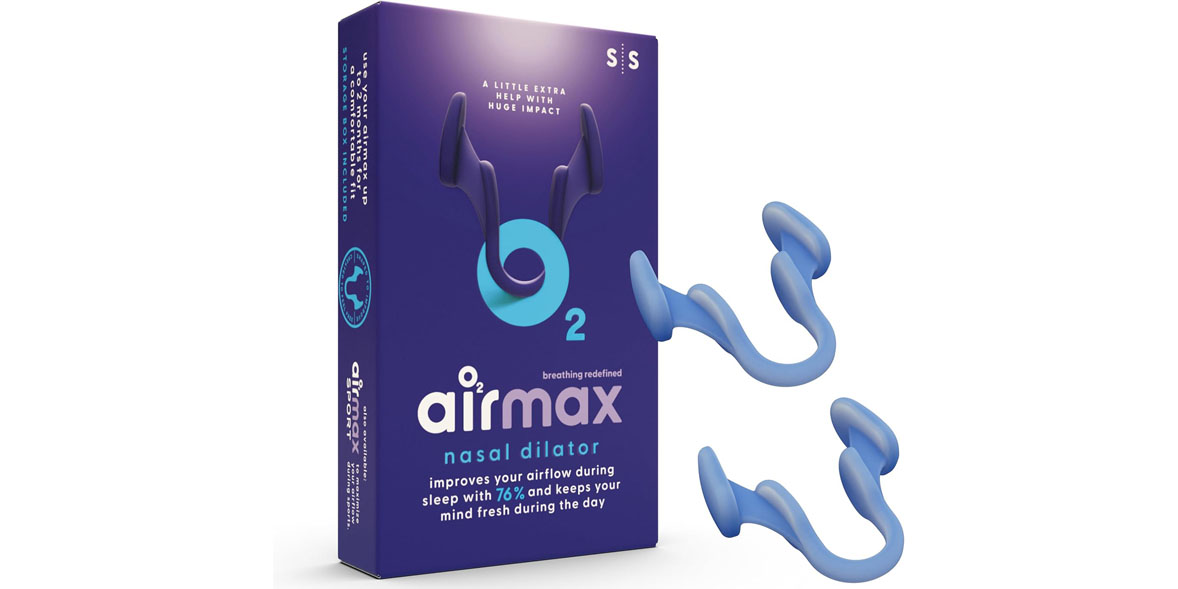
SQUIRREL_TEXT_50021826
Type Nasal dilator
Warnings Not suitable for children under the age of 14, check the product for other warnings.
Our score and verdict Log in or join Which? to instantly reveal
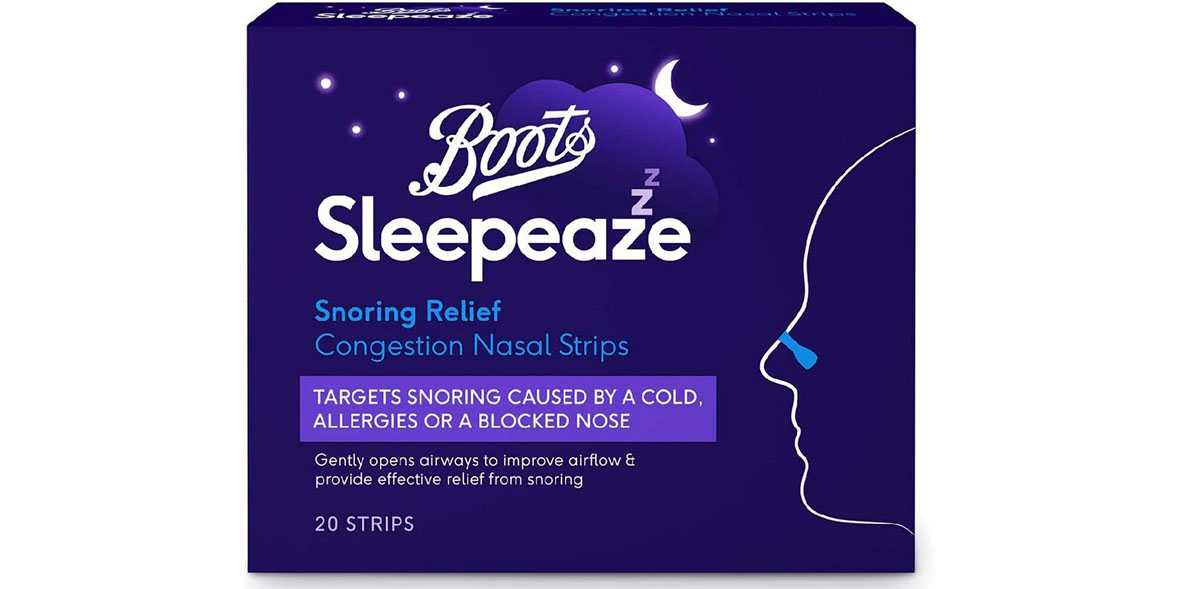
SQUIRREL_TEXT_50021829
Type Nasal strips
Warnings Avoid using this product if you have sunburned or irritated skin around your nose, and check the product for other warnings.
Our score and verdict Log in or join Which? to instantly reveal
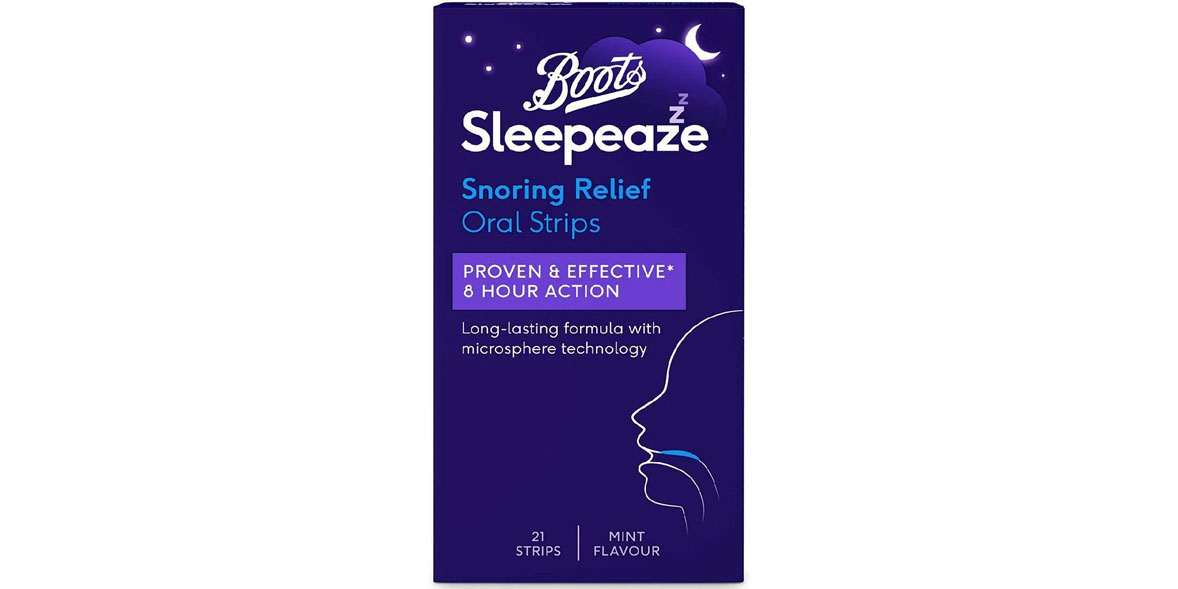
SQUIRREL_TEXT_50021821
Type Sprays and lozenges
Warnings Not suitable for children, speak to a doctor before using if you are pregnant or breastfeeding. Check the product for other warnings.
Our score and verdict Log in or join Which? to instantly reveal
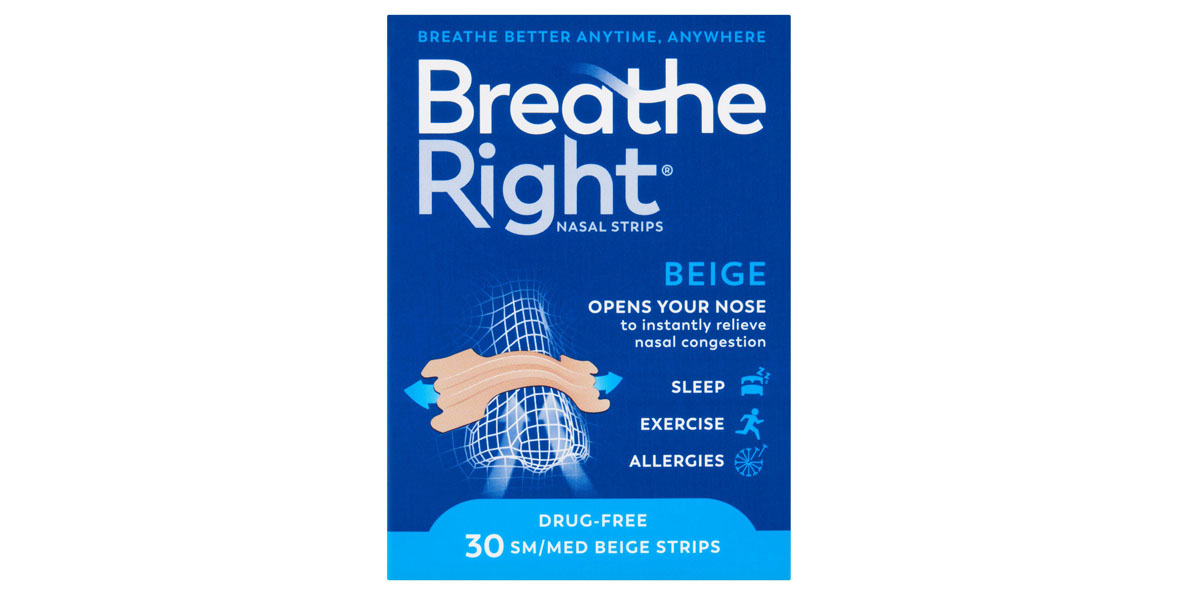
SQUIRREL_TEXT_50021824
Type Nasal strips
Warnings Avoid using this product if you have sunburned or irritated skin around your nose, and check the product for other warnings.
Our score and verdict Log in or join Which? to instantly reveal
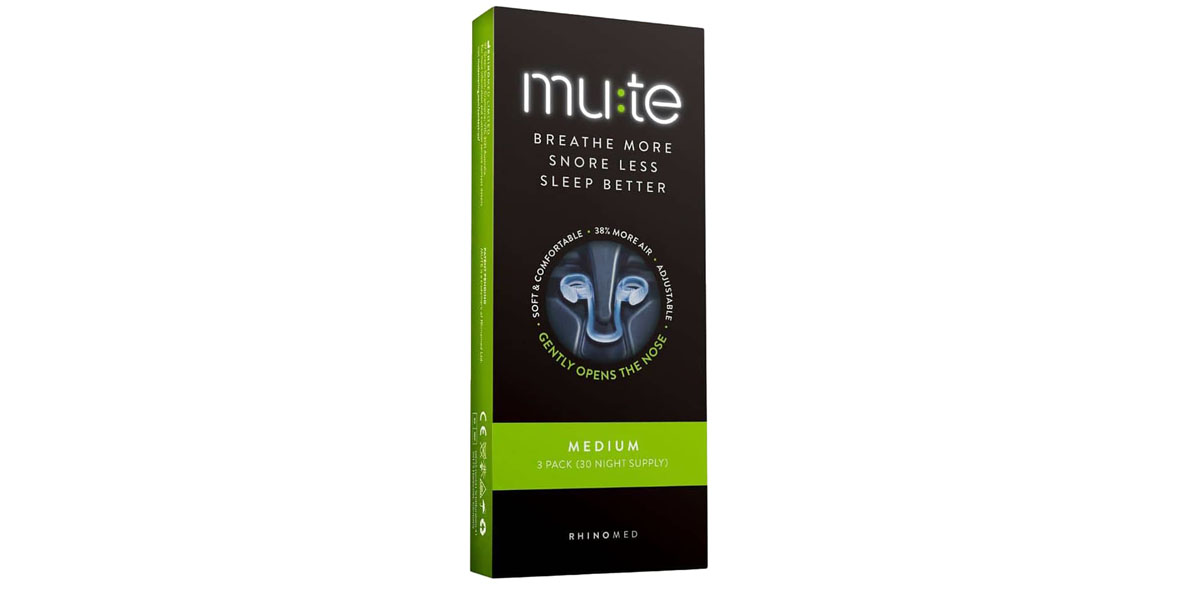
SQUIRREL_TEXT_50021828
Type Nasal dilator
Warnings Not suitable for children under the age of 14, check the product for other warnings.
Live with a snorer? Minimise disturbance with our reviews of the best ear plugs
Our score and verdict Log in or join Which? to instantly reveal
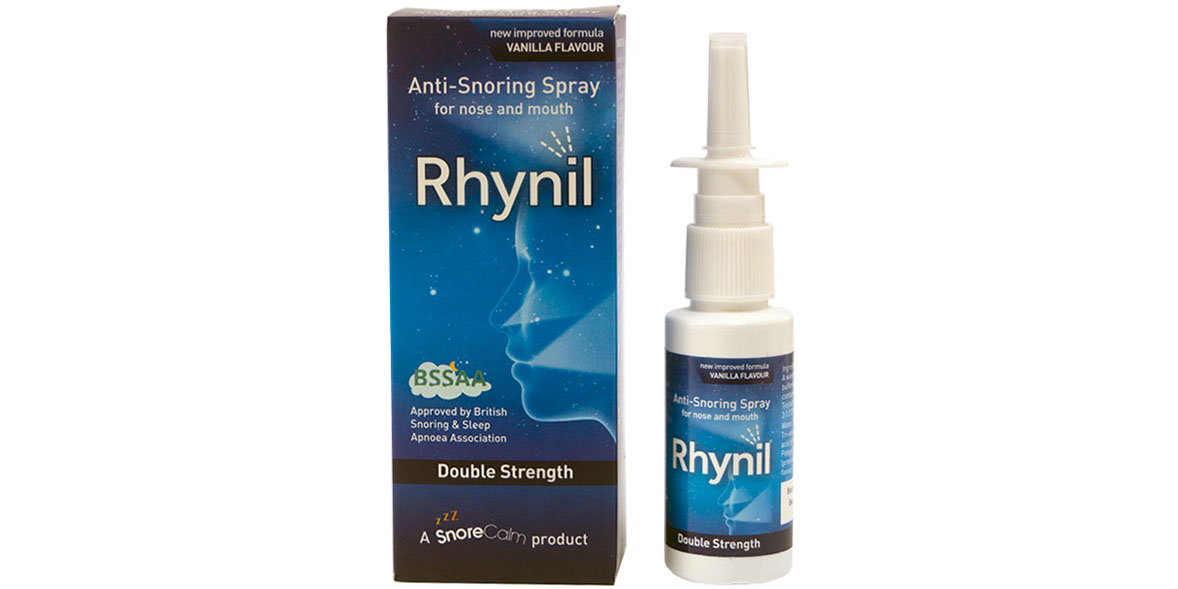
Available from British Snoring and Sleep Apnoea Association (£19.49)
Type Sprays and lozenges
Warnings Not suitable for children, speak to a doctor before using if you are pregnant or breastfeeding. Check the product for other warnings.
Live with a snorer? Minimise disturbance with our reviews of the best ear plugs
Our score and verdict Log in or join Which? to instantly reveal
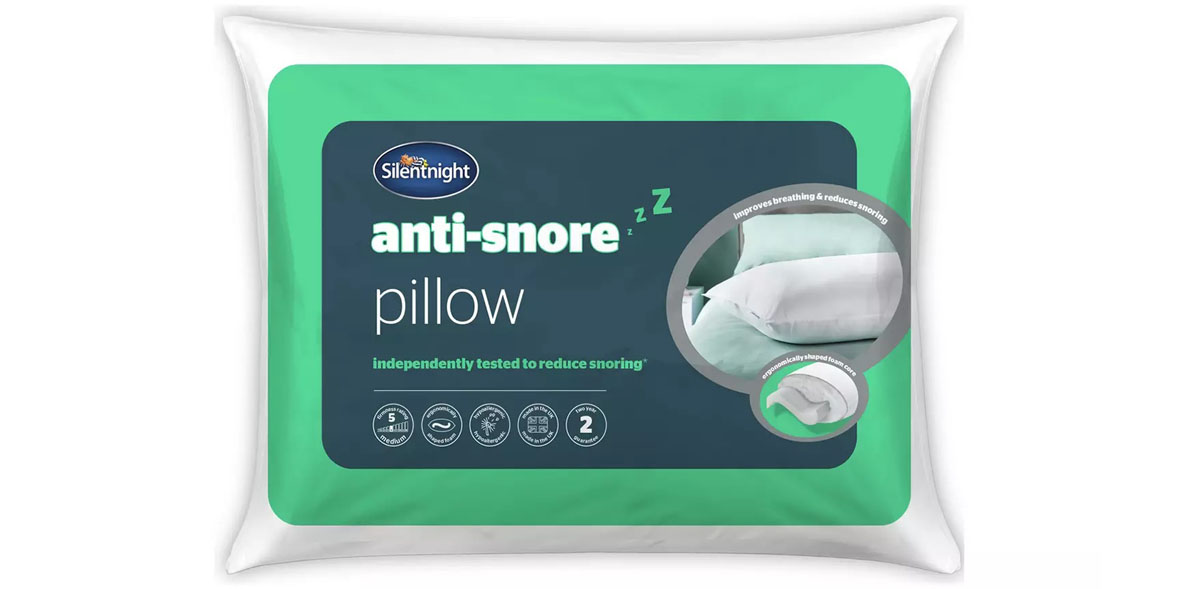
SQUIRREL_TEXT_50021835
Type Pillow
Warnings n/a
Our score and verdict Log in or join Which? to instantly reveal
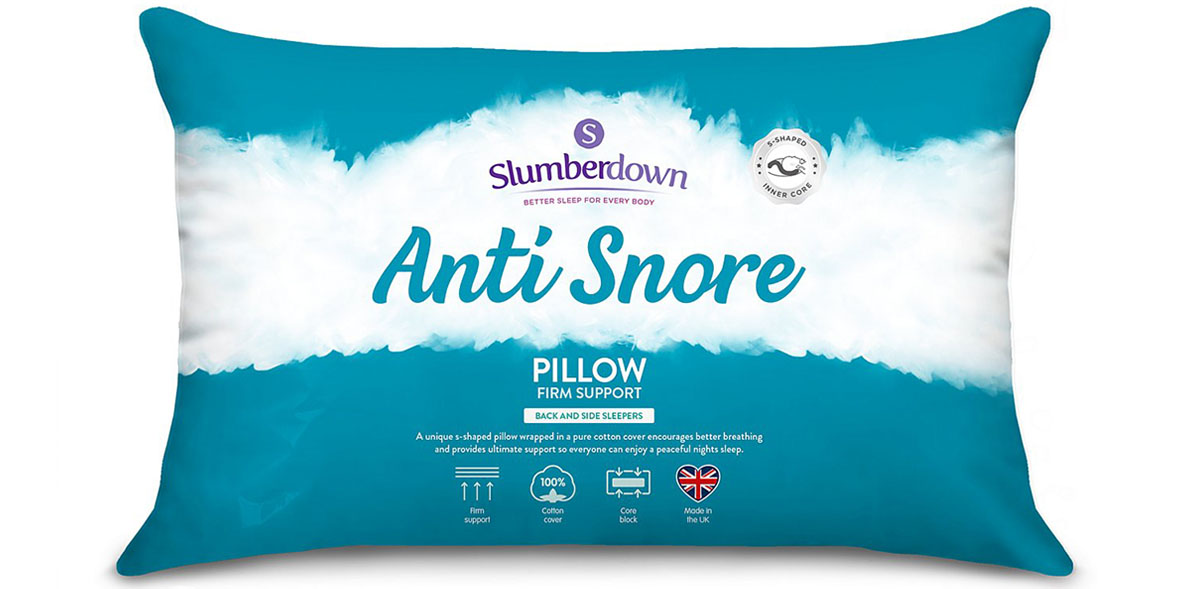
Available from George at Asda (£10)
Type Pillow
Warnings n/a
Our score and verdict Log in or join Which? to instantly reveal
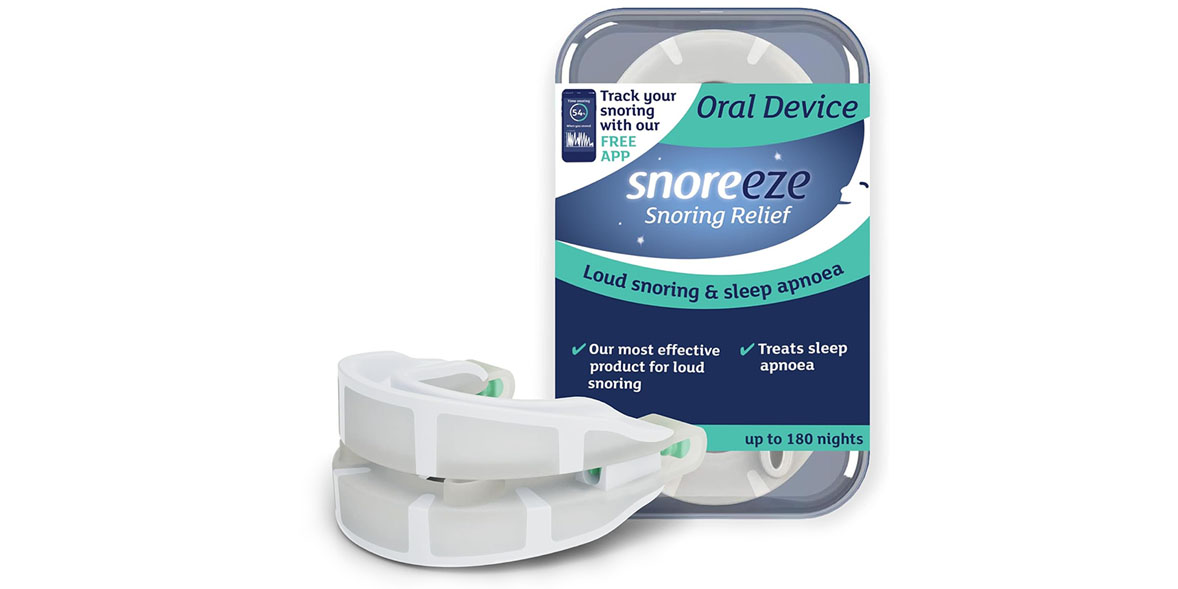
Available from SQUIRREL_TEXT_50021821
Type Mandibular advancement device
Warnings Avoid this product if you have any problems with your jaw, gums or teeth. Read the instructions before use, as there are several warnings around who it's suitable for.
Our score and verdict Log in or join Which? to instantly reveal
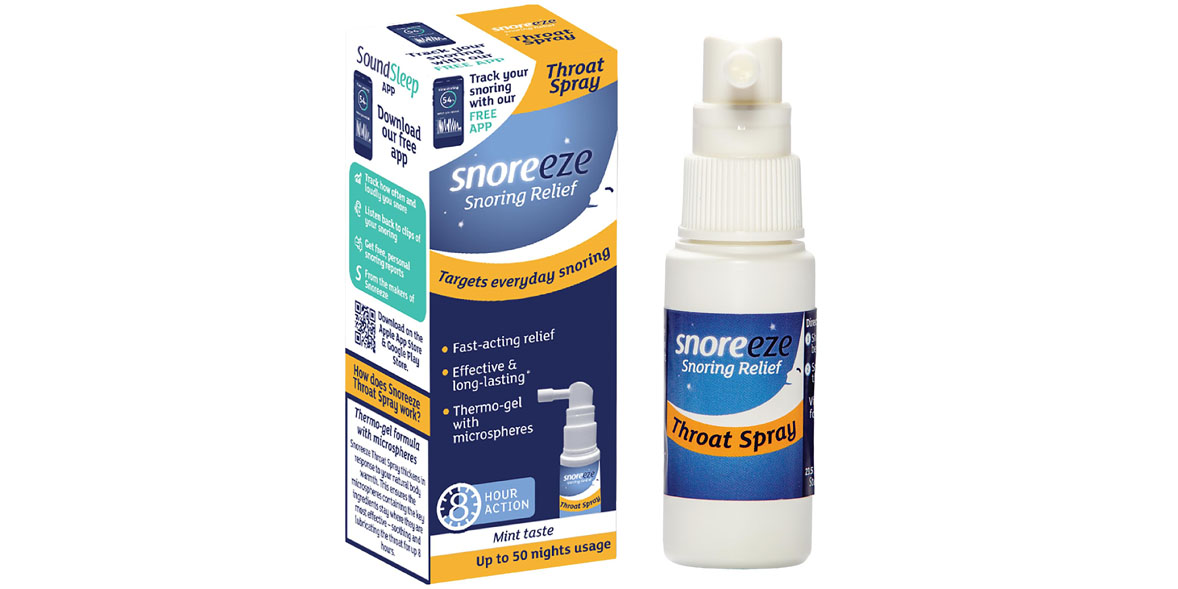
SQUIRREL_TEXT_50021837
Type Sprays and lozenges
Warnings Not suitable for children, speak to a doctor before using if you are pregnant or breastfeeding. Check the product for other warnings.
Our score and verdict Log in or join Which? to instantly reveal
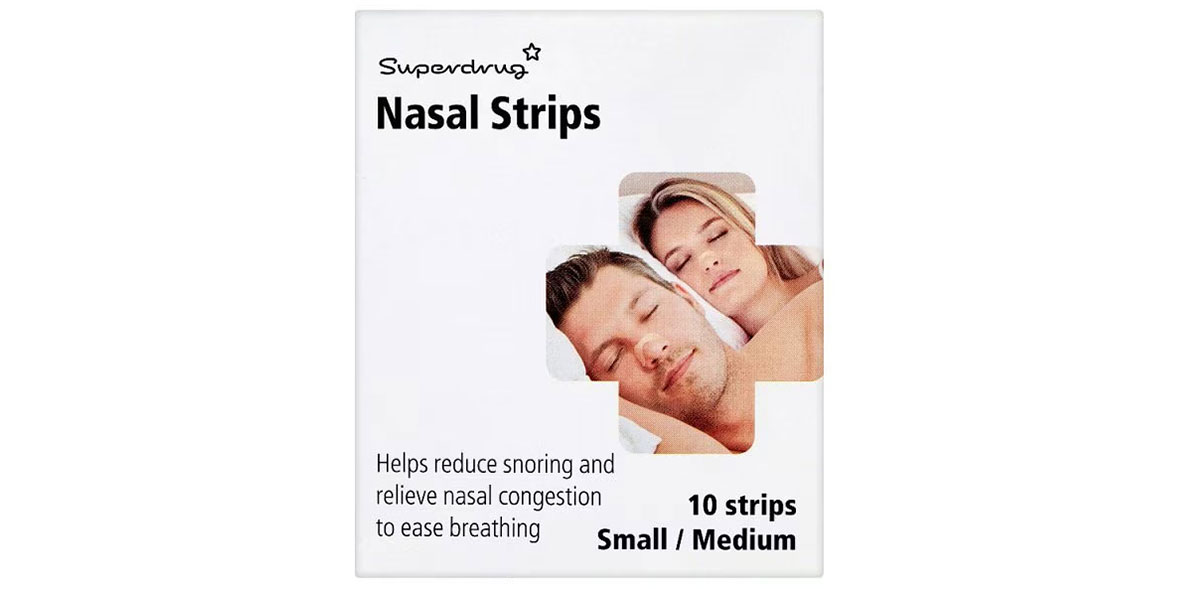
Available from Superdrug (£4.99)
Type Nasal strips
Warnings Avoid using this product if you have sunburned or irritated skin around your nose, and check the product for other warnings.
Our score and verdict Log in or join Which? to instantly reveal
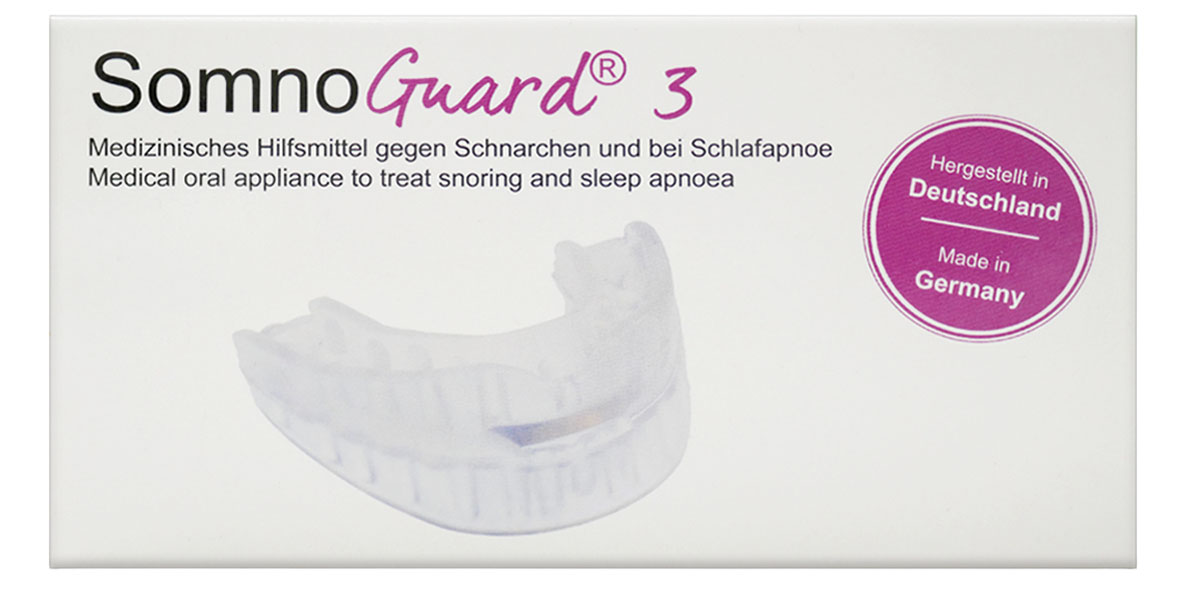
Available from British Snoring and Sleep Apnoea Association (£57.49)
Type Mandibular advancement device
Warnings Avoid this product if you have any problems with your jaw, gums or teeth. Read the instructions before use, as there are several warnings around who it's suitable for.
Why you can trust us: at Which? we're free from manufacturer and retailer influence. Find out more about our impartiality and how your support helps us to stay editorially independent
We shortlisted the most popular and widely available brands from across recognised UK retailers – including high street favourites Boots and Superdrug – to bring you a comparative test of the main choices.
We also ensured we had a range of products designed to tackle snoring in different ways, so we could see if there are some methods that aren’t worth your time.
We recruited a panel of 12 volunteer testers, who all snore regularly.
We ruled out snorers who showed signs of sleep apnoea or had been diagnosed with the condition, as well as those with specific conditions such as deviated septums and nasal polyps, as some of the products tested would be unsuitable.
Each tester:
We didn't impose any controls on our testers, who went about their everyday lives as usual. However, we asked them to flag any behaviour changes that might increase snoring compared to normal – for example eating a big meal or drinking alcohol – so we could screen out these results and retest.
Our in-house data experts then ran a statistical analysis to compare the amount of time spent snoring at different volumes while using each product with the baseline data for each tester.
When there was a statistical significance of 95% that the reduction in snoring was due to the product, rather than random chance, we marked the product 'good' in snoring reduction. When there was no statistically significant relationship found, the product was scored as 'mixed'.
We also took into account Professor Chatrath's expert view on the available independent clinical evidence for each of the types of product we tested.
For each night of testing, our user panel answered questions on their experience with the device. We asked testers to rate easy it was to set up and use the anti-snoring product, whether using it affected their ability to get to sleep, whether it stayed put during the night and whether it caused any discomfort.
They could also add general comments about their experience of using each product.
Professor Paul Chatrath MA (Cantab) MD (Lond) FRCS (ORL-HNS), consultant rhinologist and ENT surgeon

Professor Paul Chatrath has 30 years of clinical experience and specialises in a range of areas including laryngology, rhinology, airway management, snoring and sleep apnoea.
He currently practises as a consultant rhinologist and ENT surgeon.
Professor Chatrath is a visiting professor of rhinology at Canterbury Christ Church University in Kent, and an honorary senior lecturer at Anglia Ruskin University in Essex.
Best magnesium supplements – independent expert reviews of popular magnesium supplements for sleep, muscles and more
Professor Chatrath explains: ‘Snoring is caused by a vibration in parts of the airway – for example back of the nose, tongue, voice box – that happens when you’re asleep and your muscles relax.
‘If you have a narrow nose or throat, the wall of that tube is more likely to collapse when the muscles are relaxed and you breathe in and out. You build up a pressure behind it and then a noise comes out – snoring.
‘Snoring tends to get worse as you get older because muscular tone reduces and you tend to put on more weight, too. When there is more bulk around the neck, the airway is more likely to vibrate and make a noise. Your sleep also becomes shorter, lighter and more broken as you age.’
Snoring itself is not dangerous, just an annoyance.
However, snoring can be a symptom of obstructive sleep apnoea (OSA). Professor Chatrath says: ‘Sleep apnoea is when the obstruction becomes so great that the flow of air stops completely. Your blood oxygen level drops, and eventually the brain wakes you up so you can breathe.
‘That means you’re tired during the day, your concentration is down and you get headaches. Sleep apnoea can lead to high blood pressure, higher risk of diabetes and weight gain.'
Not all heavy snoring is automatically sleep apnoea, but there are specific signs to look out for.
Professor Chatrath warns: ‘If you are witnessed to wake in the night – or you feel it yourself, for example if there are a lot of pauses in your breathing that last longer than six to 10 seconds each – then you could be at risk of sleep apnoea.’
Another sign is feeling very tired in the daytime. You can use the Epworth Sleepiness Scale to see if you're likely to have sleep apnoea.
You should see a GP if you have any of these symptoms, and you can read more on the NHS website.
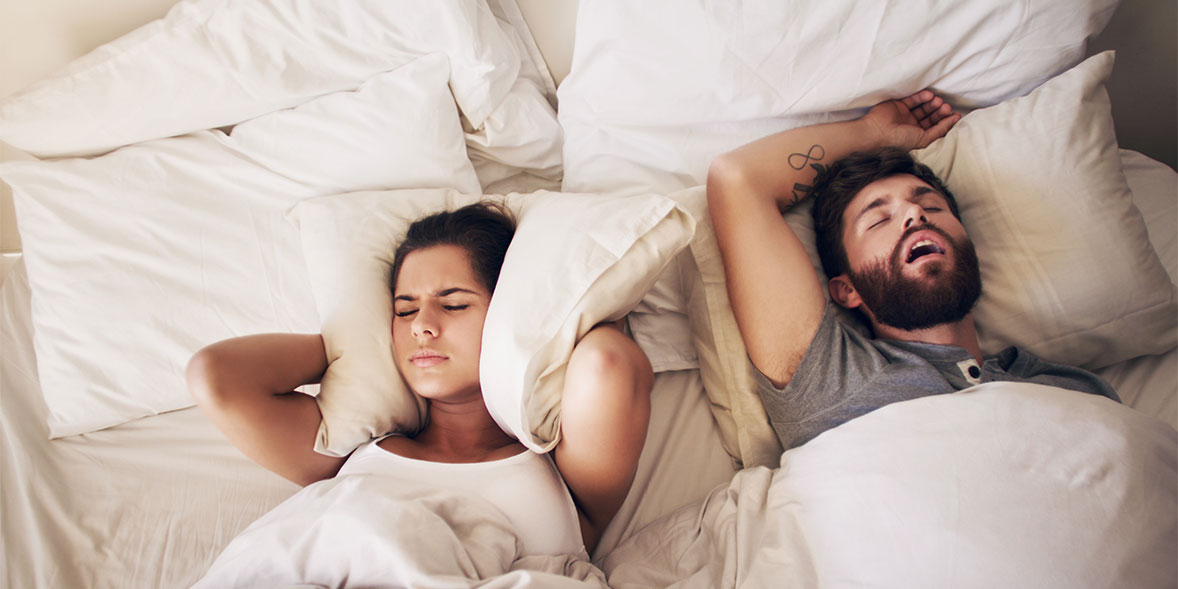
Nasal strips are little sticky strips that you stick over your nose. They work by stiffening the soft lower part of your nose, which is the part that can most easily collapse when you breathe and build up the pressure that becomes snoring.
They also open the nose slightly so you get more air, which also helps you to breathe less through your mouth.
Mandibular advancement devices (MADs), also known as mandibular splints, look and feel like a sort of double mouthguard.
They work by bringing your lower jaw forward in relation to your upper jaw.
Because your tongue is attached to your lower jaw, this brings your tongue away from the back of your throat. By doing this, you can maintain an open airway.
In theory, nasal sprays decongest the nasal airways and make it easier to breathe through your nose.
Mouth sprays, dissolvable strips or lozenges create a film that stiffens the soft palate – the part of the roof of your mouth that separates your mouth and nose – making it vibrate less.
Unlike other products, its effect is likely to wear off gradually as the night progresses.
Professor Chatrath warns against using nasal decongestant sprays such as Otrivine for snoring. He explains: 'Nasal decongestants are very effective at opening your nasal airway, however their effect diminishes quite quickly and can lead to dependence if you take them for more than five to seven days.'
Nasal dilators widen and stiffen the soft part of the lower nose, or nostrils, preventing them from collapsing when you breathe in through your nose.
They work in a similar way to nasal strips, but on a slightly lower part of the nose, and they go inside the nose rather than on it.
The principle behind using pillows to stop snoring is that the pillow puts your head and neck in a slightly different position to open the airway, as well as naturally stiffening the muscles slightly.
You'll only feel the benefit if you stay in the intended position, which you might not hold throughout the night.

Use our expert advice and recommendations to live your best life every day.
Get startedMouth taping is a recent trend that involves placing a small piece of tape over the mouth to encourage nose breathing.
Some tout the benefits of mouth tape to stop snoring, but there is little clinical evidence to support this. A 2025 review of evidence found few benefits but highlighted risks, including asphyxiation or oxygen deprivation.
Health experts are generally sceptical. Professor Chatrath says: ‘If there is a specific reason you can’t breathe through your nose, for example a deviated septum or sinusitis, you should not be using mouth tape as a treatment.'
He adds: ‘It should be safe to use mouth tape as long as you’re generally feeling well, and have no other conditions or circumstances that might increase your risk of choking. For example, if you have been out – had a lot to eat or drink – it’s likely best to avoid using mouth tape.’
This is because of the risk of vomiting in your sleep and then choking.
Avoid mouth tapes that cover the whole mouth. If you do choose to do it, Professor Chatrath says: ‘Start with the small tape and build up. With taping, the safest way to do it is to start in the day, when you’re easily able to remove the tape if you’re struggling. If you are confidently able to manage around 20 minutes over a few trial sessions, you can transition to trying it at night.’
We did not test mouth taping due to these safety concerns and for the safety of our testers.